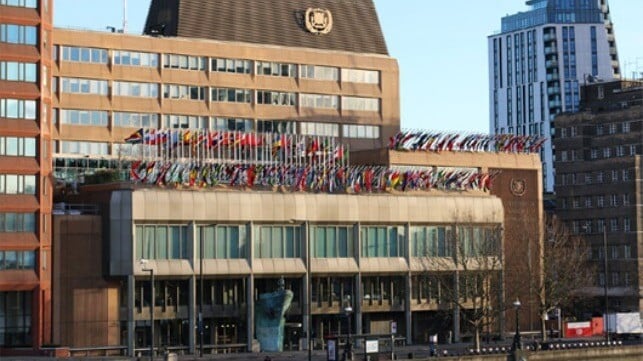IMO Council 2026-2027 Elected Setting Stage for Work on Key Issues

In a tense, fiercely fought election, the International Maritime Organisation (IMO) on November 28, elected its council for the next biennial term for 2026-27. The Council is the Executive Organ of IMO and is responsible, under the Assembly, for supervising the work of the Organisation with the elections for two-year terms.
The elections came at the start of the 34th session of the Assembly, which runs through December 3, and which will have an influential role as the IMO faces key issues. At the top of the IMO’s agenda is the one-year delay in its framework for decarbonization, with the goal to build greater consensus after it failed to adopt the measure last month.
Opening the assembly earlier in the week, IMO Secretary-General Arsenio Dominguez told the representatives of the Member States, "We meet today at a time when the maritime sector continues to navigate a complex international environment marked by geopolitical tensions, evolving trade patterns, and an accelerating global transition towards decarbonization and digitalization. The successes still ahead of us will depend on your decisions and your collective action in bringing together this diverse community.”
This week saw lobbying and jockeying for position, including Russia’s attempts to regain its position at the IMO, lost after the invasion of Ukraine. China also highlighted its intent to deepen exchanges, coordination, and cooperation with the IMO Secretariat and other Member States. China also marked the establishment of a permanent mission to the International Maritime Organization (IMO). During an opening celebration, Li Yang, vice minister of transport and head of the Chinese delegation to the 34th session of the IMO Assembly, highlighted that China will work to build a modern maritime transport system and contribute more to global economic growth and stable industrial and supply chains.
Voting concluded on Friday, November 28, for the new two-year terms.
Council Category A members were selected and approved based on having the largest interests in shipping services. The countries elected were China, Greece, Italy, Japan, Liberia, Norway, Panama, South Korea, the United States, and the United Kingdom.
Council Category B members were selected and approved on the basis of having the largest interest in international seaborne trade. The countries elected were Australia, Brazil, Canada, France, Germany, India, the Netherlands, Spain, Sweden, and the United Arab Emirates.
Council Category C members were elected in effectively a competitive open category, with delegates voting secretly, but asked to choose candidate countries either having special maritime interests or whose election would balance geographic representation across the Council. This election was held last, somewhat delayed, in order for voting to take into account of the earlier Category A and B selections.
There were three changes in the Category C Council membership compared to the 2024-25 biennial term. Bangladesh, Denmark, and Kenya lost their seats, and in their place, Belgium, Nigeria, and South Africa were elected. The countries that retained their seats were Bahamas, Chile, Cyprus, Egypt, Finland, Indonesia, Jamaica, Malaysia, Malta, Mexico, Morocco, Peru, the Philippines, Qatar, Saudi Arabia, Singapore, and Turkey.

that matters most
Get the latest maritime news delivered to your inbox daily.
Notably absent when the voting concluded was Russia. It has been among 48 countries seeking 40 spots on the council. According to Reuters, Russia was the only candidate rejected in the category of 10 "states with the largest interest in providing international shipping services."
The first task of the newly elected Council will be to set the agenda and work plan for the two years ahead, with consideration of how to handle Net Zero matters. Dominguez said he had started his term at the IMO with a desire to "shake things up a little." He renewed his pledge to transparency while telling the delegates there is much work to be done.
